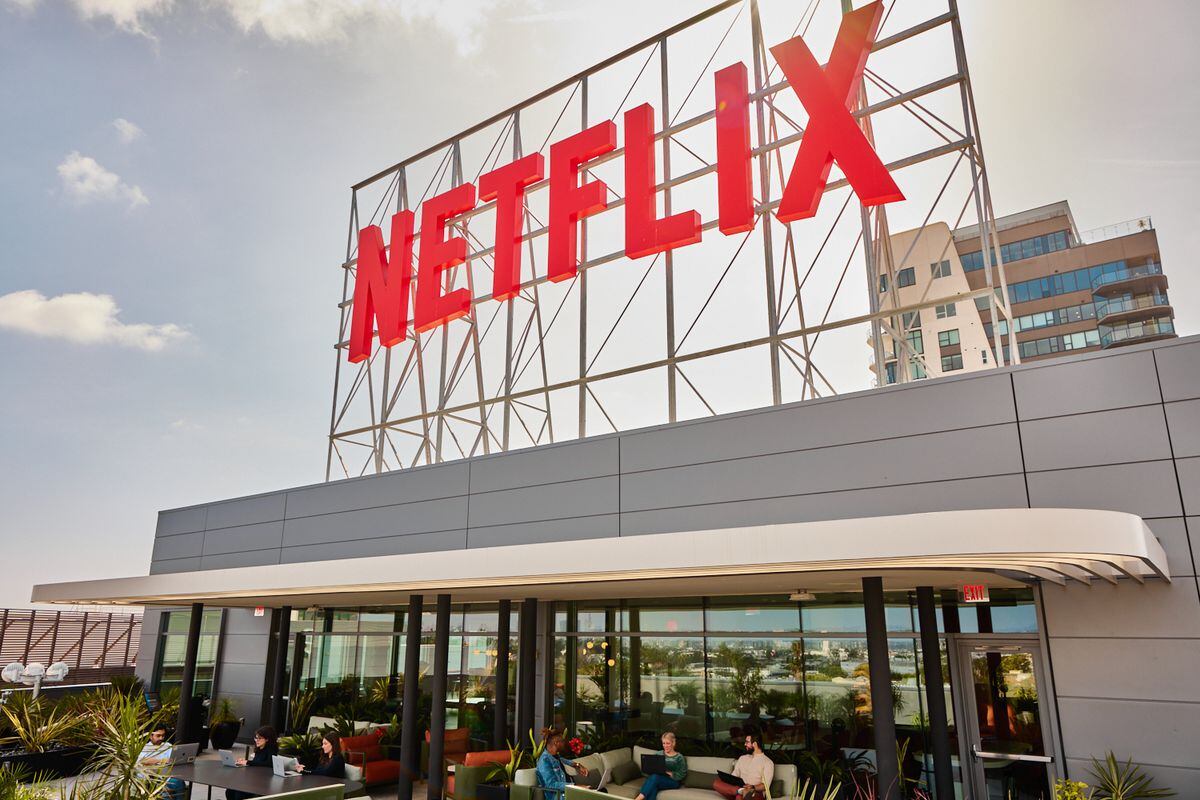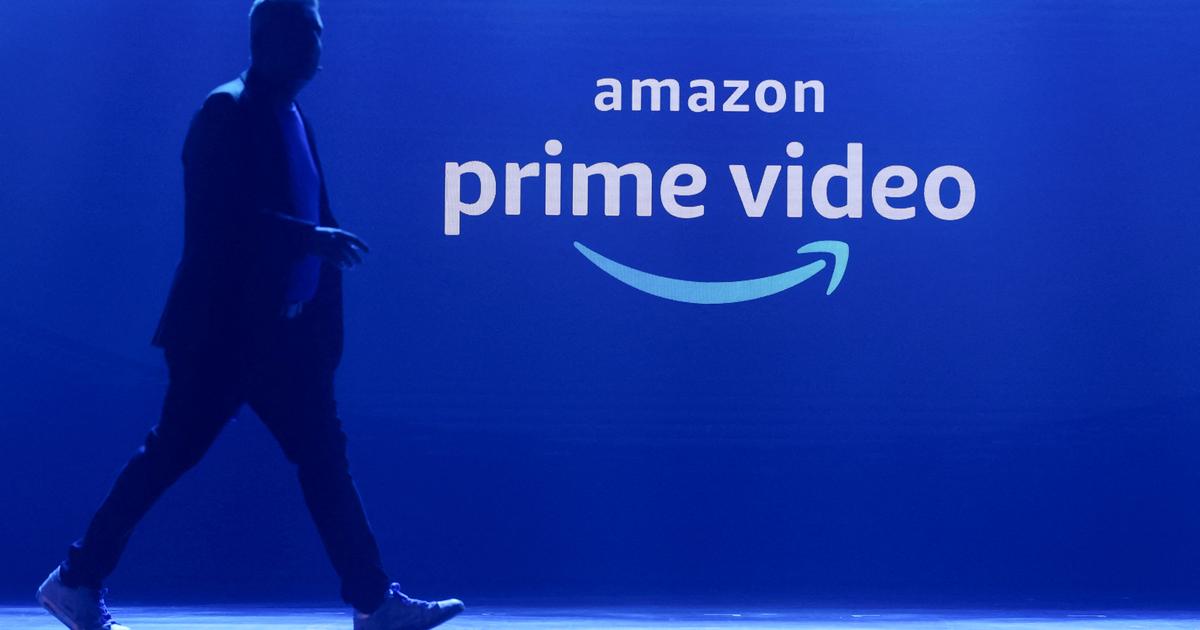Enlarge image
Internationally number one on the Netflix charts: the action film "Red Notice"
Photo:
Frank Masi / Frank Masi / Netflix
As is well known, everything used to be easier, even in the entertainment industry.
Streaming has completely turned it on its head, from production to distribution to the reliable assessment of which of the confusing new films and series were now well received by the audience.
And which ones don't.
Old counting methods such as audience ratings for television or box office results for movies have only limited informative value in the age of digital distribution.
At the same time, the big entertainment groups are collecting more data than ever via their streaming platforms, but are making state secrets out of them.
Netflix now wants to put an end to this.
At least ostensibly.
So far, the entertainment giant has preferred to show the performance of its content in the form of cheers, as was the case most recently with the hype about the series "Squid Game": 111 million households tuned it in, Netflix reported in mid-October, the greatest success in its history.
However, the fact that, according to corporate logic, two minutes were sufficient to allow content to be viewed as "seen" made such success reports questionable. Obviously, not only journalists were bothered by the numbers, but also Netflix subscribers. In a recent YouTube video, leading Netflix staff, including Co-CEO Ted Sarandos, read from statements in which Twitter users poke fun at the two-minute miracle of many Netflix productions. With a wink and with the promise to do better in the future.
Since Wednesday, Netflix has thrown the golden two-minute rule overboard and publishes various top ten lists on a specially created website, which can be sorted in many ways: by English-language and non-English-language films and series, by more than 90 countries and global popularity. A list of the most popular Netflix films and series of all time, introduced a few weeks ago, should also be updated regularly. The popularity of a title is now measured based on the total number of hours it has been streamed.
The current front runner in the films is the blockbuster "Red Notice" with Gal Gadot, Dwayne Johnson and Ryan Reynolds, which has been streamed for almost 149 million hours worldwide since its release on November 12th.
Second place, the romantic Christmas comedy "Love Hard", only has 59 million hours.
In Germany, "Red Notice" is also at the top of the charts, in Germany there is still no one can get past "Squid Game" in the series.
So far, so unsurprisingly, especially since Netflix has been publishing its top ten lists directly on its platform for months.
An interesting finding can finally be found in the global top ten list of non-English-language films: The German political thriller "The Collini Case" with Elyas M'Barek was ninth in 2019, with almost 1.6 million streamed Hours.
Not a hyped Netflix production, but a no longer fresh German film.
In any case, Netflix's message to its subscribers is clear: We heard you, we ensure transparency.
However, it has narrow limits.
The group only outputs the new currency of the total hours streamed in the global lists; the numbers for the respective national evaluations remain in the vault.
The magic formula for success
Just like a lot of other data that Netflix collects: How many viewers watch a piece of content?
Which productions ensure subscriptions?
And which does Netflix itself rate as a success?
At least vague conclusions are now possible.
Netflix boss Reed Hastings recently described the magic formula as a connection between costs and the number of views in a SPIEGEL conversation: “If we spend ten million dollars and get 100 million hours of views, then the series or the film has worked .
If it works the other way around, the deal wasn't that good for us. "
"Red Notice" is said to have devoured an impressive 200 million dollars, according to the usually well-informed industry magazine "Deadline".
According to Hastings' calculation, the 149 million streaming hours collected so far should not be enough to book the spectacle as a success.
There is still a lot of reading coffee grounds in that.
In the first place, however, the new openness on display is not intended to provide journalists with valid data.
Rather, Netflix is starting a marketing offensive for its users here.
Subscribers are very interested in what other users are watching, Reed Hastings also told SPIEGEL that.
So the new tool is one thing above all else: a toy that is supposed to retain customers even better.



/cloudfront-eu-central-1.images.arcpublishing.com/prisa/S6ARYN3A4ZF23EJ2KLKXTSQGII.jpg)


